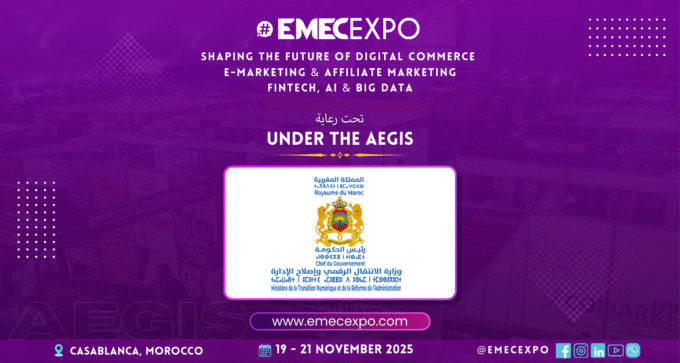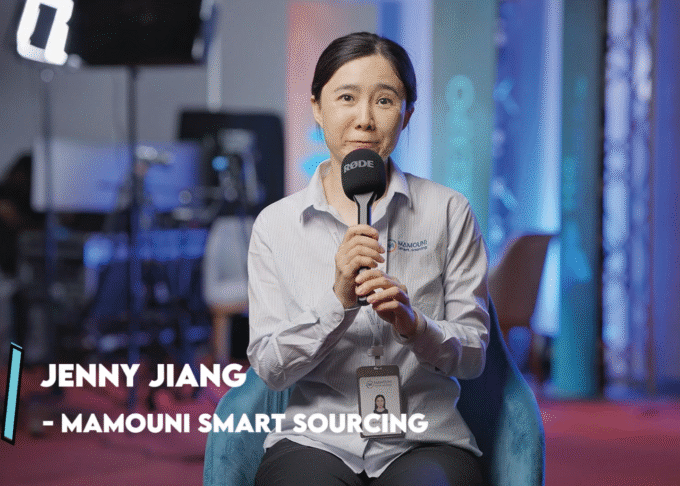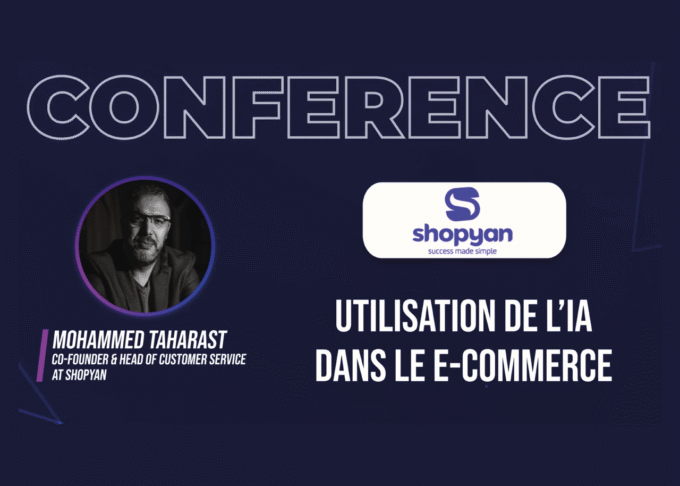The world of digital commerce continues to evolve at a rapid pace, demanding that entrepreneurs stay ahead of the curve when it comes to identifying profitable products and efficient sourcing strategies. A recent conference session at EMEC EXPO 2024, titled “SPAYPO: Product research Formula & Sourcing,” offered valuable insights into these crucial aspects of online business, particularly for those looking to tap into markets like Saudi Arabia.
The Imperative of Market Research: Knowing Your Audience and Your Competition
The session began by emphasizing the fundamental need for thorough market research before launching any product. As the expert speaker, a digital expert with 20 years of experience in the field, aptly stated, success in e-commerce, especially in a new market, hinges on understanding what sells and why. For instance, if one intends to sell in Saudi Arabia, it is crucial to conduct market research within Saudi Arabia itself to see which products are currently in demand. This involves more than just a hunch; it requires a deep dive into existing advertisements and consumer preferences to identify winning products and avoid saturated niches. The speaker’s advice was clear: bring a new product to the market; don’t compete on already crowded spaces.
Case Study: Deciphering Successful Ad Strategies in Saudi Arabia
To illustrate this point, the expert provided a practical approach to market analysis using the Facebook Ad Library. The strategy involves searching for ads targeting Saudi Arabia and focusing on those that employ successful tactics, such as offering (cash on delivery). By copying this key phrase and searching within the Ad Library, one can uncover a plethora of e-commerce advertisements currently running in the region.
The objective here is not just to see what products are being advertised but to understand the entire customer journey and the volume of advertising activity. For example, observing numerous ads with free delivery or emphasizing cash on delivery can provide crucial insights into what resonates with the Saudi Arabian consumer.
Unveiling Hidden Insights: Leveraging Technology for Competitive Advantage
The session then introduced powerful technological tools to streamline and enhance market research. The speaker highlighted a Chrome Store extension (though the name wasn’t explicitly read due to a slight technical issue during the live demonstration) that allows for deeper analysis of e-commerce advertisements.
Furthermore, the speaker presented “Spaypo,” a tool designed to facilitate market analysis, specifically for those looking to operate in Saudi Arabia. This tool offers several key advantages:
- Filtering by “Order Now”: Unlike simply browsing the Ad Library, Spaypo can filter advertisements based on the presence of an “order now” button, indicating a direct sales focus.
- Aggregated Campaign Data: Instead of manually clicking through multiple pages, Spaypo provides insights into the number of products a particular page is advertising and the overall scale of their campaigns. This allows entrepreneurs to quickly gauge the activity of potential competitors without extensive manual searching.
- Efficiency in Analysis: By providing a consolidated view of advertising activities, Spaypo saves valuable time and effort in the market research process.
Strategic Sourcing: From Global Trends to Local Markets
Once a promising product has been identified through market analysis, the next crucial step is sourcing. The expert outlined a general trajectory for successful e-commerce products, often originating in markets like the USA, Canada, and Australia before moving to China for mass production and then filtering down to regions like the Gulf, Morocco, and eventually Africa.
However, for those specifically targeting the Saudi Arabian market, the advice was to focus on identifying new products that are already gaining traction in larger, more developed e-commerce markets like the USA and then source them directly, potentially from China, rather than waiting for them to become saturated in the local Saudi market.
Solution Spotlight: Leveraging Platforms like Alibaba and 1688
To facilitate sourcing, the speaker recommended utilizing platforms like Alibaba and its Chinese counterpart, 1688. A key strategy highlighted was to use reverse image search on Alibaba. If a product is seen performing well in the Moroccan market (as an example), one can take the image of that product and search for it on Alibaba to find direct suppliers in China. This bypasses intermediaries and potentially leads to more competitive pricing.
Ensuring Secure Transactions: The Importance of “Trade Assurance”
A critical aspect of sourcing from platforms like Alibaba is ensuring secure transactions. The expert emphasized the importance of using “Trade Assurance,” a service offered by Alibaba that protects buyers by holding payment until the goods are shipped and meet the agreed-upon specifications. By creating a purchase order (“bon de commande”) and utilizing Trade Assurance, buyers can mitigate the risk of dealing with unreliable suppliers.
Addressing Logistical Challenges: Streamlined Solutions for the Moroccan Market
The session also touched upon the logistical hurdles that e-commerce entrepreneurs, particularly in Morocco, might face. Issues such as customs clearance and shipping can be complex and time-consuming. To address this, the speaker mentioned the existence of services that handle the entire sourcing and shipping process from China to Morocco, offering a streamlined solution for those who prefer not to navigate these complexities themselves.
Navigating Product Restrictions and Ethical Considerations
The discussion also addressed product limitations. The speaker mentioned a personal preference not to deal with cosmetics and certain other product categories, highlighting the importance of adhering to legal regulations and ethical business practices. It was noted that certain products might face restrictions when entering specific countries.
Empowering Entrepreneurs: The “Carte d’Entrepreneur Auto-Entrepreneur”
Finally, a question was raised about the applicability of the “carte d’entrepreneur auto-entrepreneur” (sole proprietorship card) for e-commerce activities. While a definitive answer wasn’t provided within the constraints of the session, the question underscores the growing recognition of e-commerce as a legitimate business activity and the need for clear regulatory frameworks to support it.
In conclusion, the EMEC EXPO 2024 session on product research and sourcing provided a comprehensive overview of essential strategies for success in the competitive world of e-commerce. By emphasizing the importance of data-driven market analysis, the strategic use of technological tools like Spaypo and the Facebook Ad Library, and the adoption of secure sourcing practices through platforms like Alibaba, the session empowered attendees with actionable insights to navigate the digital marketplace effectively, particularly when venturing into new markets like Saudi Arabia. The case studies and solution-oriented approach provided a practical roadmap for aspiring and established e-commerce entrepreneurs alike.















